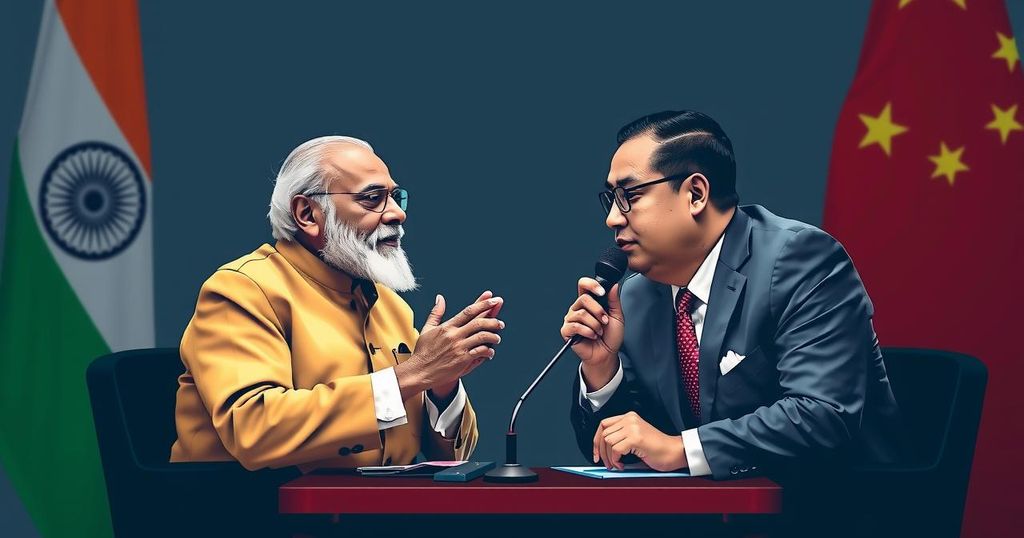Deportation of Volkswagen Executive Highlights Drug Policy Challenges in China
A Volkswagen executive in China was deported after being detained for drug use during a vacation in Thailand. Identified by the initial J, the 56-year-old executive allegedly used cocaine and marijuana, resulting in administrative detention and a fine. The incident underscores the strict drug regulations in China, even regarding activities abroad, and reflects the challenges faced by the company amid increasing competition.
Recent reports indicate that a senior executive of Volkswagen in China has been deported due to alleged drug use while holidaying in Thailand. The individual, who has been identified by the initial J, was detained for approximately ten days before his deportation. According to a statement from the Chinese Foreign Ministry, the 56-year-old executive was found to have used cocaine and marijuana on October 5, leading to an administrative penalty of detention from October 10 to October 20, 2023. German media outlets, including Bild, have named him as Jochen Sengpiehl, currently serving as Volkswagen’s chief marketing officer in the Chinese market. Following his return from Thailand, Mr. Sengpiehl reportedly tested positive for drugs. Volkswagen has opted not to comment on the situation, citing regulations regarding labor and data privacy. The company, which remains a significant player in the Chinese automotive market amid growing competition from domestic electric vehicle manufacturers, faces potential reputational risks from this incident. It is pertinent to note that although marijuana was legalized in Thailand in 2022, Chinese authorities maintain that consumption of drugs abroad is treated the same as domestically. The legislative framework surrounding drug use in China classifies it as an administrative offense, punishable by detention of ten to fifteen days and potential fines up to 2,000 yuan (approximately $280).
This incident sheds light on the strict regulatory environment regarding drug use in China, where even recreational use abroad can lead to severe consequences upon return. As a country with stringent drug policies, China enforces laws that classify drug consumption as a significant offense. This case further illustrates the tension multinational corporations face within legal frameworks when operating in diverse global markets. The heightened scrutiny of executives’ behavior, especially in the context of foreign travel, places additional responsibilities on organizations, particularly in sensitive markets such as China, where Volkswagen has a substantial presence. This incident also reflects the growing competitive landscape involving domestic electric vehicle manufacturers, emphasizing the need for corporations to maintain their reputations.
In summary, the deportation of Volkswagen’s senior executive following alleged drug use highlights the challenges multinational companies face in aligning with local laws while operating internationally. The repercussions of such incidents underscore the critical importance of understanding and adhering to the legal landscape, especially in countries with strict drug policies. As China’s market continues to evolve, firms like Volkswagen must navigate these complexities carefully to mitigate risks to their reputation and operations.
Original Source: www.usnews.com








Post Comment